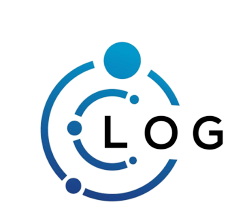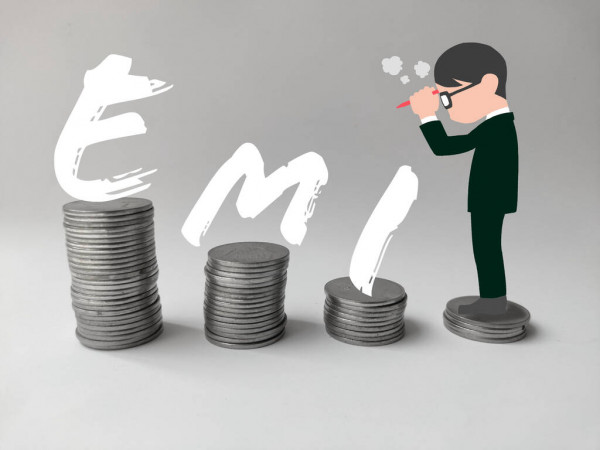Today, getting a loan is simpler than ever. Borrowers can easily obtain loans to fulfil their diverse financial demands either from commercial banks (private and public sectors) or non-banking financial companies (NBFCs) by doing a SBI CIBIL score check. Additionally, you can examine the fees and interest rates for personal loans on lenders’ websites and even compare them with different banks through many fintech websites. As a result, borrowers (both paid and self-employed) hastily accept loans from their chosen lenders without going through the minute details. One disadvantage of the wide availability of loans is that potential borrowers do not carefully analyze all the financial aspects of the loan, particularly the repayment and consequences of default.
Understanding the type of loan defaults
Major Defaults: Major payment defaults happen when the borrower has missed more than 90 days of payments. In the future, such individuals will have difficulty getting their loan applications accepted, as most financial institutions will stay away from people with a history of significant payment failures. The loan account is flagged as a non-performing asset (NPA) when an individual payment is overdue by 90 days.
Minor failures: Minor defaults are loan accounts with non-payment periods of less than 90 days. The negative impact on a borrower’s CIBIL score caused by minor defaults in their loan accounts can be gradually reversed.
What happens if I don’t pay my personal loan EMI on time?
Equated monthly instalments, often known as EMIs, are one of the most ideal and effective payment options for paying off a loan balance within the specified time frame. However, the interest rates on these loans are comparatively higher if compared with secured loans. Now, if for some reason there are not enough funds in your account, your EMI will not be successfully debited on the due date, but when you do a CIBIL score check free online by pan number it will be impacted. When this happens, the bank will contact you to remind you to pay your debts.
The bank frequently provides a grace period during which you can pay off your EMI. The “grace period” begins immediately following the due date of your EMI. You might be charged a late payment fee if you pay up your loan during the grace period to avoid being labelled a “defaulter.” There are various grace periods and fees offered by various lenders. You won’t be labelled a defaulter if you miss just one payment. Afterwards, the bank will start charging you for late payments at the end of your grace period. If you don’t make your EMI payment for three months or 90 days, you will only be placed on the defaulter’s list, and when you do a CIBIL score check free online by pan number, it will be down by a significant number.
The Consequence of Missing Personal Loan EMI
Here are a few repercussions of not making your loan EMI payments on time.
Affects credit score: One of the criteria used to establish your loan eligibility is your credit score. Your credit report contains information about all financial transactions related to loan repayment. Your late payments and nonpayments are reported by the lender to CIBIL. Your credit score may decline little or significantly as a result of defaulting on your EMI payments. Even a small drop could happen in your CIBIL score if you missed an EMI payment when you check your SBI CIBIL score check. It becomes challenging for individuals to take out loans when their credit score drops because this impacts their loan eligibility. As a result, it’s crucial to pay your loan EMI on schedule.
Late fees and additional fees: Your lender may charge you extra fees if you pay your EMIs beyond their due dates. There is normally a “late charge” in addition to your EMI amount that you must pay if you pay your EMIs after the due date but within your lender’s grace period. If you continue to postpone and the grace period expires, your lender will consider you to be in default and will assess additional fees on the outstanding balance.
Possible legal repercussions: While you might face some sort of legal repercussion in the shape of a civil lawsuit when you default on a personal loan, you won’t necessarily go to jail. Legal action is usually the last resort due to it being a time-consuming task for the lender and the borrower.
What are the ways through which you can avoid missing EMI payments?
As you can see, skipping even one EMI can have unfavourable effects when you do a SBI CIBIL score check. Therefore, it will be helpful if you determine before applying for the loan whether you will be able to make your EMI payments on time. Here is a list of suggestions to assist you in making better financial plans and timely EMI payments:
Be Proactive: You must take action quickly if you believe you won’t be able to make the forthcoming EMI payments on schedule. Before the due date, get in touch with your lender and describe your financial circumstances. If not, you might ask the lender to lower the EMI until your financial situation improves.
Request for a temporary EMI halt: You can ask your lender for assistance if you are experiencing income loss as a result of being laid off or losing your job. When the borrower is experiencing an income loss, lenders frequently pause before agreeing to an EMI request. Most banks provide a 3- to 6-month EMI waiver (no EMI for the next three to six months). Once you are back on your feet, you can continue making loan payments.
Establish an emergency fund: Financial gurus typically advise keeping an emergency fund on hand to draw on in times of need. Your emergency fund should be able to cover around six months of your earnings. In the event that something unforeseen happens to your source of income, you can use this fund to cover your living expenses and EMIs.
Enlist the aid of family and friends: To help you repay the EMI, you can ask your friends or relatives for a casual (interest-free) loan. You can later repay your friend for the loan amount if your finances are stable.
How can you further avoid loan default?
Plan your finances better: It is suggested that borrowers make more effective use of their finances in order to reduce their risk of defaulting on a loan. Along with using the personal loan EMI calculator on the lender’s website to determine the interest rate and fees that will be associated with your loan before applying for one.
Request for a low EMI: If the borrower anticipates missing a loan payment, they should contact the bank, explain their financial situation, and ask for a lower EMI. Typically, banks will either increase the current loan term or change an unsecured loan into a secured loan in order to lower the EMI. The interest payable on the borrowed amount is also lower when the loan is transformed into a secured loan. Out of the two possibilities, turning an unsecured loan into a secured loan is best because it results in a large decrease in monthly payments compared to extending the loan’s term. Additionally, very few institutions allow loan terms to be extended. Do a free CIBIL score check free online by pan number beforehand before requesting the low EMI.
Conclusion
Personal loans are considered the best option to fulfil urgent financial needs. Without too many limitations on the loan amount, they are conveniently accessible both offline and online. It doesn’t come with the collateral aspect that other types of loans do. All you need to make sure is you make timely loan payments.

